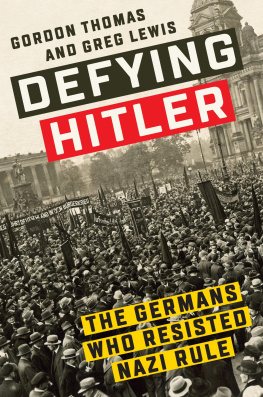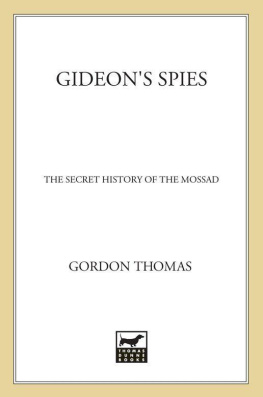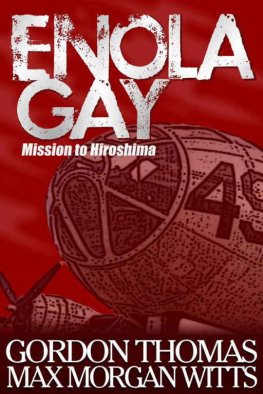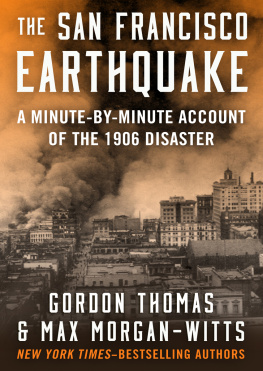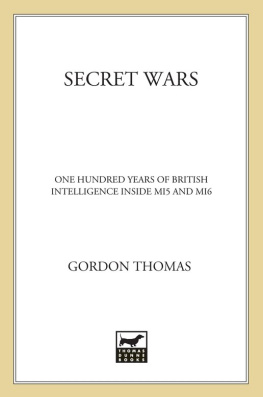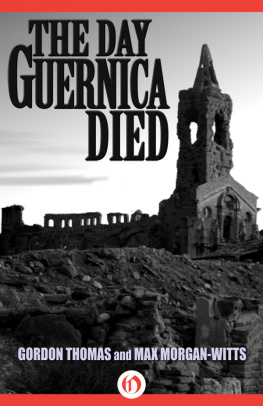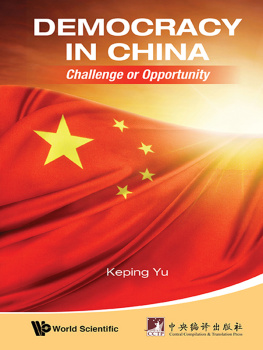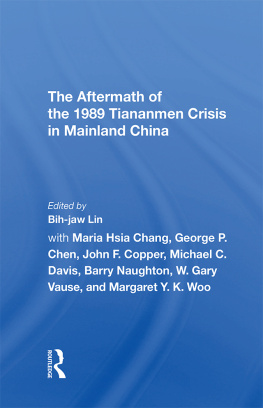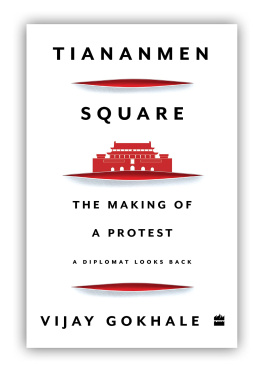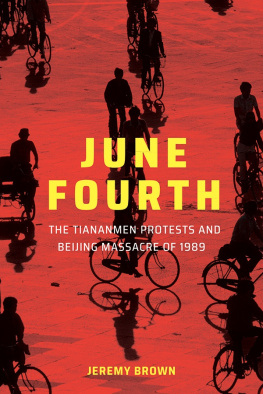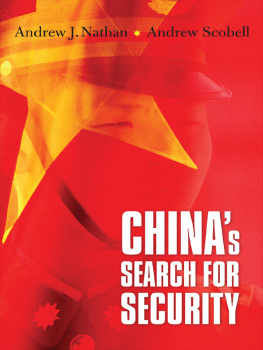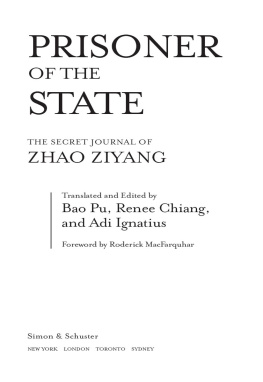EARLY BIRD BOOKS
FRESH EBOOK DEALS, DELIVERED DAILY
LOVE TO READ ?
LOVE GREAT SALES ?
GET FANTASTIC DEALS ON BESTSELLING EBOOKS
DELIVERED TO YOUR INBOX EVERY DAY!
The Webs Creepiest Newsletter
Delivered to Your Inbox
Get chilling stories of
true crime, mystery, horror,
and the paranormal,
twice a week.


Authors Note
While this book is necessarily a compression of experiences, it is totally based upon the truth of honest recall. The identity of a number of people has been protected, usually by a change of name or the omission of a detailed biography. They are still living in China or have relatives there. With good reason they fear for their lives.
Most of the interviews were with eyewitnesses never before questioned. As well as personal testimony, they provided a wealth of official records, memoranda, and private material: diaries, letters, faxes, and telexes. In the end it resembled a small college library.
The ranks of all members of the Chinese government and its officials, as well as the Peoples Liberation Army, are those they held at the time of this story.
A N OTE ON P RONUNCIATION
The pinyin system has been used for transcribing Chinese names. Thus Peking becomes Beijing. Introduced by the Communist party in the 1950s, the system needs a few pronunciation reminders. Zh is pronounced like the jin john; q like the ch in child; c like the ts in pats; x is always delivered with the same emphasis as the s in she. However, for the sake of clarity, Hong Kong, Xiang Gang in pinyin, remains. The name may change in 1997 when the colony reverts to China.
The Tiananmen Trump
J ANUARY 1991
Washington, D.C.
In those first two weeks of 1991, despite the frenetic pace of events, time itself appeared to pass in slow motion as the entire world waited to see if there would be war with Iraq. In Washington hopes rose and fell as predictably as the flags on government buildings.
In one, the State Department, the last acts of diplomacy were being played out. Secretary of State James Baker and his staff detailed for those diplomats still able to reach Saddam HusseinArabs mostly, with a sprinkling of Europeansthe horrors awaiting Iraq if hopes died. It was a portrait of high-tech warfare the likes of which had never been seen: smart bombs with their own video cameras to show the very moment prior to impact, and guided missiles that could cruise down the streets of Baghdad looking for a particular building to destroy. It was the world of Buck Rogers finally come true. Nothing, and no one, those diplomats were told, could resist such a show of force.
But Saddam remained unimpressed. He saw himself as the avenger of the Arab people, chosen by Allah to redress the slights visited on Arabs for generations.
As the hours ticked by to the deadline for war set by the United Nations for Tuesday, January 15and interpreted by Washington as expiring at noon Eastern Standard Time on that dayit became increasingly clear that Washington was conducting a dialogue with the deaf. Yet, anxious to show it was doing everything to avert what Saddam was predicting would be the mother of all wars, the Bush administration was, for the most part, conducting its efforts as publicly as possible.
The exception was its dealings with the hardline Communist regime in Beijing. There, extraordinary secrecy prevailed. Only a handful in the administration outside President George Bush and Secretary Baker were aware of the precise ebb and flow of the discussions. These were first intended to persuade China to refrain from vetoing the United Nations resolution to use sanctions against Iraq shortly after it had invaded Kuwait and then, when the trade embargo failed, to persuade China to support a second resolution authorizing force to be used to expel Iraq from Kuwait.
The reasons for the secret dealings with China were rooted in the administrations embarrassment at having to depend on Beijing for support, coupled with a sense of pragmatism, which had come to permeate the Bush presidency more than any of its recent predecessors. To grasp that reality it is important to understand that both UN resolutions had been proposed in the high-minded guise of restoring Kuwaits democratic right to exist as a sovereign nation. Those Americans who squinted into the desert sun and spoke of being ready to fight a just warone that would be swift and decisive, short and sweet, a Panama perhaps, but never another Vietnamrarely paused to consider that democracy, as they understood it, had never existed in Kuwait. At best the Gulf kingdom was a family-run dictatorship that employed foreign labor under often harsh conditions: workers passports were confiscated to stop them leaving until their contracts expired; abuses of basic human rights were commonplace. In some ways Kuwait was as repressive as the Peoples Republic of China.
Yet China, as a permanent member of the UN Security Council, had the power to effectively wreck Bushs determination to go to war unless Iraq obeyed the January 15 deadline.


